Here's your summer reading list, educators
May 19, 2016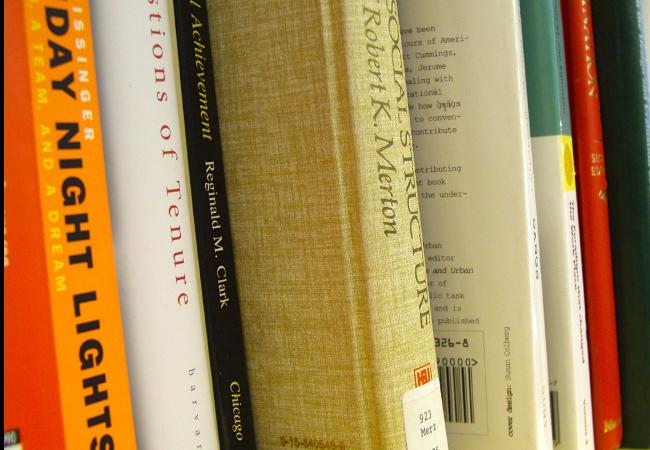
Penn GSE's faculty suggests summer reading for educators that will inspire without feeling like homework. Don't worry, we won't quiz you in August.
It’s that time of year when teachers send their students on to the next grade, and send out a reading list for their incoming classes. But students aren’t the only ones who should crack a book or two before the school bell rings in the fall.
Here are some summer reading suggestions for educators from Penn GSE faculty that will inspire without feeling like homework.
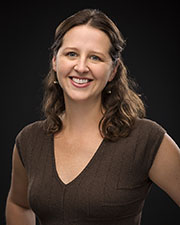
Kate Kinney Grossman
Associate Director of Penn GSE’s Teacher Education Program
In the work I do with teachers, conversation consistently centers on how to best engage high school students. Sam Kean’s book, The Disappearing Spoon: And Other True Tales of Madness, Love, and the History of the World from the Periodic Table of the Elements, is one answer for teachers who are looking to build accessible interdisciplinary curriculum. Kean weaves magical tales that highlight how elements from the periodic table played starring roles throughout history and in literature. His website offers additional resources for classroom use, such as the “periodic table through cartography” and “periodic puzzles.”
Though this book is not new, it is a must read for teachers who want to think differently about how our disciplines meet in the real world. The Disappearing Spoon is not just for science classrooms; as a former Humanities and World History teacher, I wish I had read this before taking Chemistry. I may have become a science teacher instead.
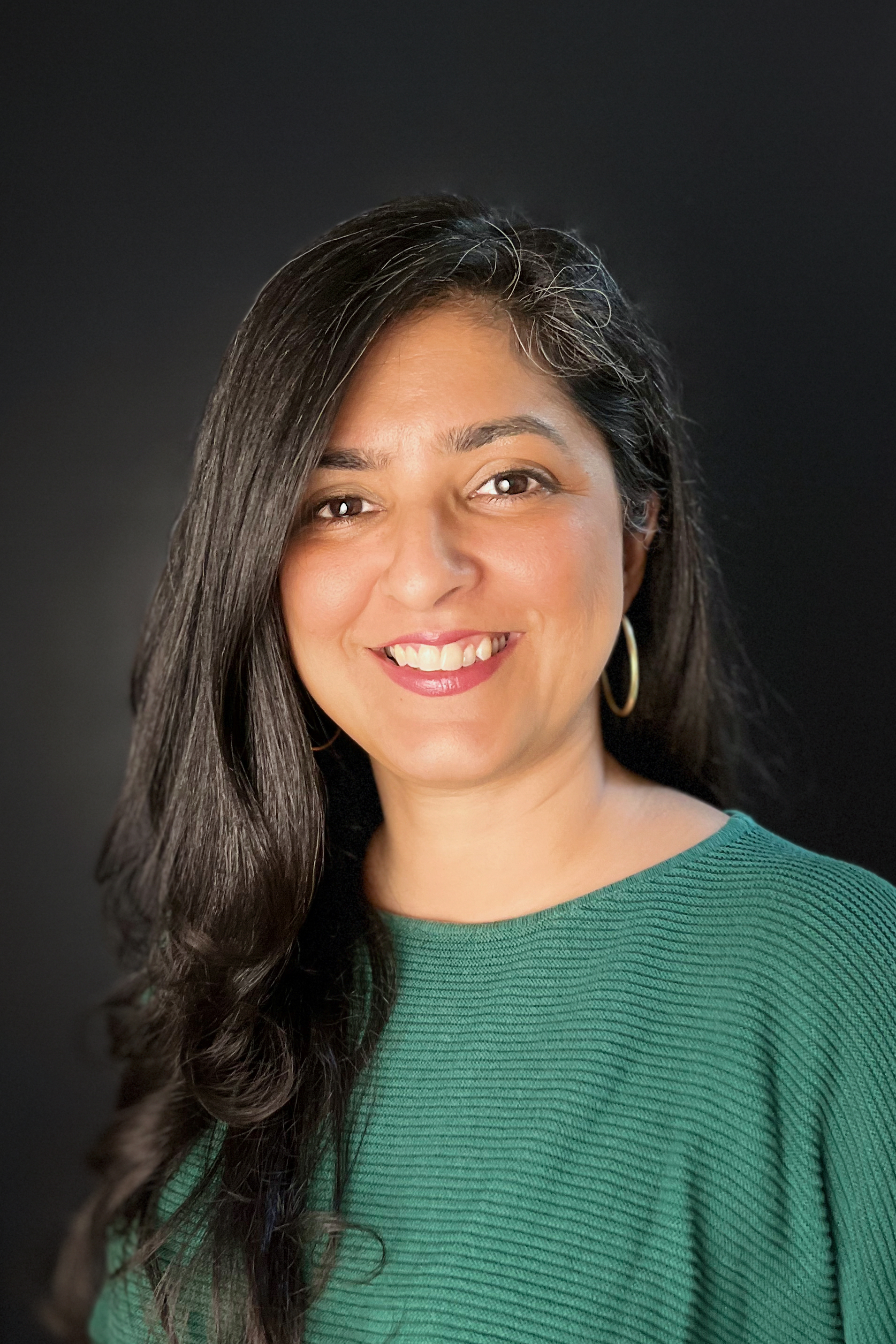
Ameena Ghaffar-Kucher
Associate Director, Penn GSE’s International Educational Development Program
In We too Sing America: South Asian, Arab, Muslim, and Sikh Immigrants Shape Our Multiracial Future, social-justice activist, Deepa Iyer, both expands and reframes how we talk and think about race relations in the United States. Using the Oak Creek tragedy as a flashpoint, Iyer reflects on how particular religious, ethnic, and regional communities have been targeted by policies and everyday practices in the post-9/11 epoch. Specifically focusing on the lived experiences of Muslims, Sikhs, Arabs and South Asians, Iyer provides vocabulary and tools and to think about the changing racial composition of the United States and how to reimagine and act to make America as a more inclusive and just society.
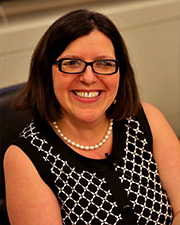
Marybeth Gasman
Director, Penn GSE’s Center for Minority Serving Institutions
Adam Grant’s The Originals is the perfect book for the moment. We live in a time of discontent and this calls for nonconformists to stand up, make change, and bring the best out of society rather than the worst. Grant challenges us to be nonconformists and demonstrates the impact of nonconformity.
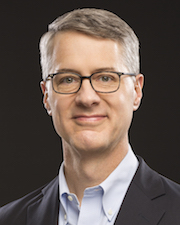
Michael Johanek
Director, Mid-Career Doctoral Program in Educational Leadership
I recently found myself revisiting a classic, Maxine Greene’s The Public School and The Private Vision. Greene's book uncovers a variety of visions of education through explorations of US literature. At a time when we seem to have tired of facile policy change logics and when there’s renewed interest in looking afresh at the enterprise of teaching/learning in an increasingly educationally enriched world, it may be useful to spend a little beach time exploring visions we may have missed along the way — whether they fit our cable news channel preferences or not.
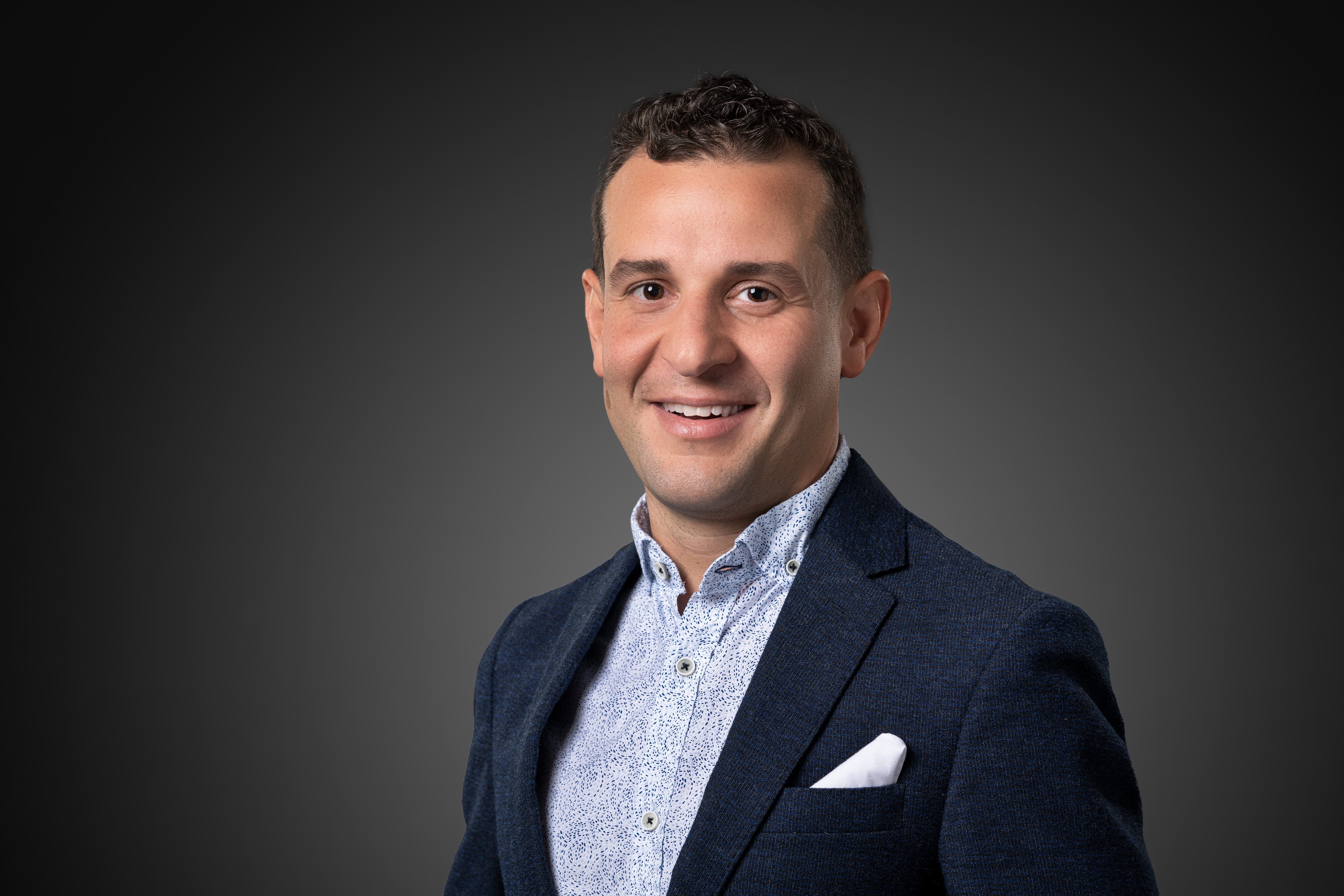
Nelson Flores
Assistant Professor of Educational Linguistics
Admittedly, this might count as homework. But with so much uncertainty about language learning in the US, there’s reason to keep Common Core, Bilingual and English Language Learners: A Resource for Educators on your reading list.
Despite the growing multilingualism of US society, issues of linguistic diversity have been overlooked by the Common Core State Standards. This practical volume seeks to challenge this oversight. It includes 130 expert responses to questions that teachers and administrators have about implementing the Common Core equitably in multilingual schools.


